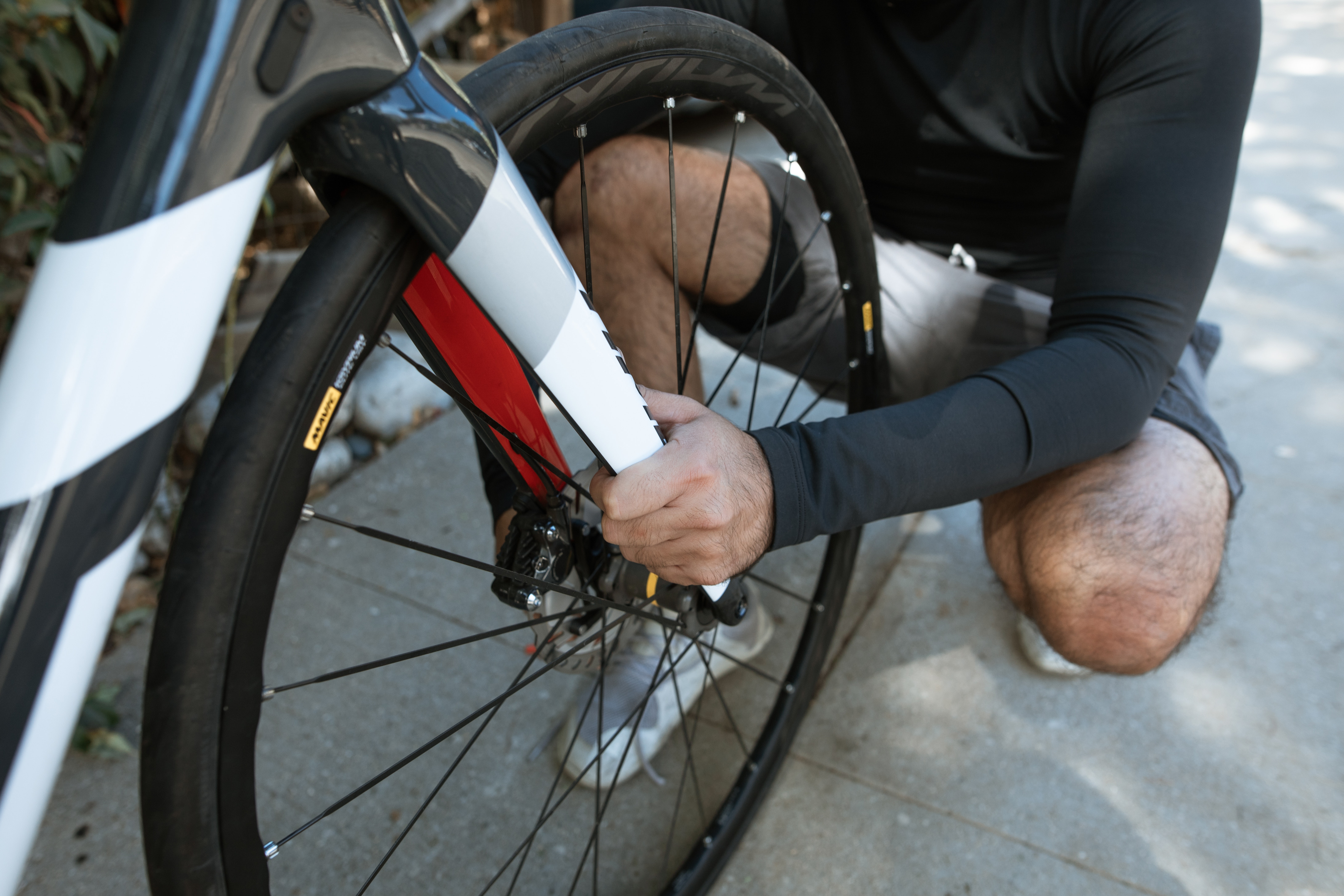While fuel prices are rising across the world, so are electric bike sales. People are looking for alternative transport to reduce their fuel spending. For some people that just means taking the bus or the train more, but for many it means changing from their cars to E-bikes. E-bikes offer a relatively inexpensive way to cut down on fuel expenditure.
They don’t take up much space. They’re easy and quick to charge. They aren’t the perfect vehicle, people tend to have range anxiety and it’s not entirely without merit but we’ll talk about that later. The fact of the matter is that electric bikes don’t need to just capitalise on higher fuel prices. Electric bikes are in a unique position to help with a fuel crisis that continues to grow and that we aren’t in a position to protect against it happening again.
Increased Prices Caused Increased Sales
In the US electric bike sales have exceeded their previous record set during the height of the pandemic- sales increased by over 200%- as more and more people realise how much money an E-bike can save them in the long run. With oil prices continuing to rise globally people are still looking for alternative modes of transport. This isn’t limited to the US either. Here in the UK the rate of cycling among the population has doubled. There is a clear trend towards people moving away from cars.
Future Fuel Prices
Fuel prices aren’t just going to drop to normal levels overnight. It’s true that wholesale prices have dropped, but consumer prices remain high. There’s plenty of predictions on when prices could come down. Let’s be honest, we don’t really know which of them are right at the moment.
I’m not going to make any big claims about the future of fuel prices. I don’t have those kind of qualifications. What this current scenario has shown though is that fuel prices are susceptible to levels of fluctuation that other forms of energy aren’t. This means fuel prices are unpredictable. They can drop and they can rise based on demand and the supply of crude oil. This is one of the reasons for the rise in the demand for electric vehicles.
The Rise Of Electric Car
Electric cars are popular. In fact they’re so popular that they may account for 54% of global sales by 2035. Which is fantastic news environmentally speaking, cutting out the need for petrol is a great way to solve the emissions given off by cars. 2035 is still almost a decade and a half away though. People can’t just go out and buy an electric car. The cost of the car, the cost of tax and insurance. It’s expensive.
On a wider level there is a problem with electric cars though. Charging them takes a wide network of charging stations throughout the country. That’s a big undertaking and it takes a lot of investment. In 2020 it was estimated that £18bn would be needed by 2030 to expand the charging network. Which is a lot of money and time.
The problem is if that network isn’t in place and isn’t robust enough, and backed by sustainable energy, electric cars can do more harm than good. In California between 3-4 million may be facing blackouts as their grid is unable to support the level of energy needed to charge cars. This can force countries to burn more fossil fuels to meet the demand.
It’s unfortunate but without significant improvement to infrastructure electric cars are not able to protect us against future fuel crises.
What About E-bikes?
E-bikes offer a few advantages over electric cars. They’re less demanding on the infrastructure and easier on the consumer’s wallet. This means large scale implementation of E-bikes is a much quicker and cheaper endeavour.
First of all E-bikes are much cheaper than electric cars, not just because of the initial cost of the vehicle. The savings continue without the need for tax and insurance within the UK. For the most part electric bikes are a once off investment- barring any upgrades or the occasional repair you may get down the line.
There’s a reason electric bike sales skyrocketed in a way electric cars didn’t. People can afford E-bikes a lot easier. A low end model isn’t that expensive, a conversion kit could be even cheaper.
The other big benefit is that E-bikes can be charged from a regular socket. There is no need for a national infrastructure to be built in order to keep them powered throughout the day. Plug them in at home and let them charge for a couple of hours and you’re good to go.
That means E-bikes don’t need a £16bn investment to set up. Now investment does help, easy accessibility to public charging points is definitely a plus. It’s not strictly necessary though. This means it’s much easier to roll out programs to incentivize people to ride E-bikes.
The Problem
Don’t get me wrong, E-bikes aren’t the perfect vehicle. I mentioned earlier that people tend to range anxiety, there is a worry that a bike just won’t get them as far. This isn’t unwarranted; an E-bike just doesn’t have the range on a car. Petrol or electric. You’re not going to get on your bike to go from Scotland to Wales.
Most E-bikes can’t carry as much as a car either. Even specially designed cargo bikes have a lower capacity and the added weight is more noticeable when you have to pedal. So for moving anything heavy cars and vans are still going to be in use.
So E-bikes can’t serve all purposes. Long distance trips are more laborious, not as fast and even with the biggest batteries you might not even reach your destination. For your daily needs though? E-bikes are a great way to go, a few hours of charging will get you to and from work for days.
So other alternatives are needed, buses, trains and, yes, electric cars. Some people might just not want to give up the extra comfort cars give either. That’s all ok. E-bikes can’t completely get rid of our reliance on fuels. All they can do is minimise it.
Conclusion
The current fuel prices have driven people away from traditional vehicles towards electric vehicles. This is especially true for electric bikes. The industry needs to seize on this as E-bikes are in a unique position to help protect against a future fuel crisis.
Programs making use of E-bikes can be rolled out quickly and cheaply compared to electric cars which will require more than a decade of work and massive investment. Plus they are much more expensive on the consumer level and rely on a national charging network.
It’s not hard to see why E-bikes have become so popular in the face of rising fuel prices but it’s important for us to seize upon that to make a difference in how we get around and reduce our emissions.
If you agree that E-bikes are the way to help us avoid future fuel crises then get in touch and see how we can work together to make it a reality.



